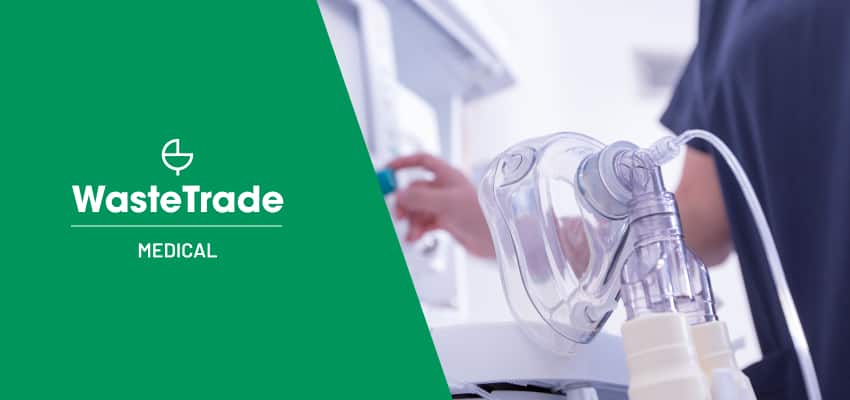Medical

Plastics are ubiquitous in the healthcare industry, playing a crucial role in patient care and safety. From single-use medical devices to упаковка materials, medical plastics provide numerous benefits that cannot be easily replaced. However, these benefits come with a significant environmental cost. In this article, we will explore the role of medical plastics, their benefits, and the environmental impact of their disposal.
The Role of Medical Plastics

Medical plastics have become an essential part of modern healthcare. They are used in a variety of applications, including:
- Medical devices: Disposable syringes, catheters, surgical gloves, and other medical instruments are made of plastic due to their durability, sterility, and ease of use.
- Packaging materials: Plastic packaging provides an effective barrier against moisture, oxygen, and other contaminants that can affect the quality of medical products.
- Hospital equipment: Plastic components are used in hospital equipment, such as IV bags and tubing, for their lightweight and durability.
The use of medical plastics provides numerous benefits that cannot be easily replaced by alternative materials. Some of these benefits include:
- Sterility: Plastics can be sterilized easily, making them ideal for use in medical devices and packaging materials.
- Durability: Medical plastics are durable and can withstand harsh conditions, ensuring the safety of patients and healthcare workers.
- Lightweight: Plastic components are lightweight, making them easy to handle and transport.
- Cost-effective: The production of plastic medical devices and packaging materials is cost-effective, making healthcare more affordable.
Environmental Impact of Medical Plastics

The disposal of medical plastics is a growing environmental concern. Improper disposal of medical plastics can lead to the release of toxic chemicals and greenhouse gases, contributing to climate change and harming ecosystems. Additionally, medical plastics can take hundreds of years to decompose, leading to a buildup of plastic waste in landfills and oceans.
The healthcare industry is taking steps to address the environmental impact of medical plastics. Some of these initiatives include:
- Recycling programs: Hospitals and healthcare facilities are implementing recycling programs to reduce the amount of plastic waste generated.
- Biodegradable materials: The development of biodegradable medical plastics is underway, which can decompose more quickly and reduce the environmental impact of disposal.
- Waste reduction: Hospitals are implementing waste reduction programs, such as reducing the use of single-use plastics and encouraging the reuse of medical equipment.
Висновок
Medical plastics play a crucial role in modern healthcare, providing numerous benefits that cannot be easily replaced. However, the environmental impact of their disposal is a growing concern. The healthcare industry must take steps to reduce the amount of plastic waste generated and develop sustainable alternatives to traditional medical plastics. By doing so, we can ensure that patient care and safety are maintained while minimizing the impact on the environment.
